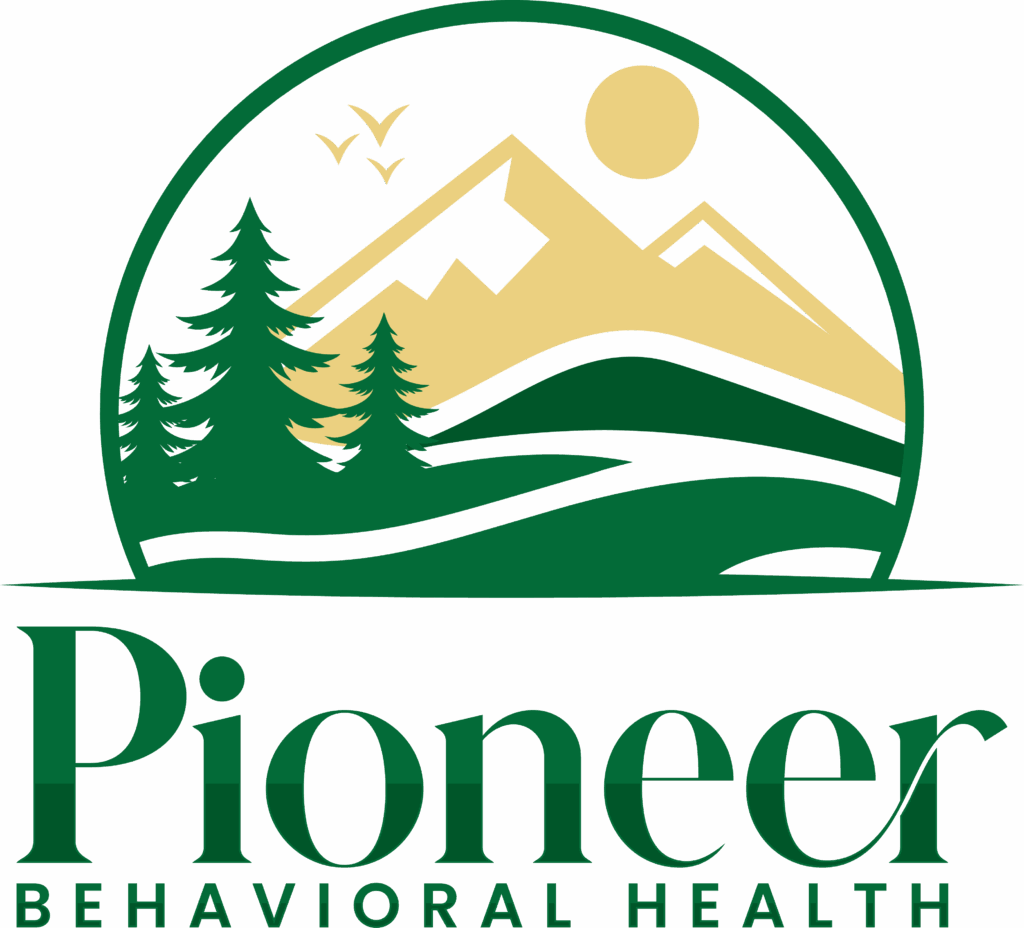Fentanyl has become a leading cause of overdose deaths in the United States, earning a reputation as one of the most dangerous drugs in circulation today. Despite its medical uses, fentanyl’s potency and prevalence in illicit drug markets make it a serious public health concern. Understanding the dangers of fentanyl and the treatment options available is vital for addressing its impact.
At Pioneer Behavioral Health, we are committed to helping individuals and families navigate the challenges of fentanyl addiction with compassion and evidence-based care.
What Is Fentanyl?
Fentanyl is a synthetic opioid that is 50 to 100 times more potent than morphine. It is legally prescribed to treat severe pain, particularly for cancer patients or those recovering from surgery. However, much of the fentanyl associated with overdose deaths is illegally manufactured and sold on the black market.
Illicit fentanyl is often mixed with other drugs, such as heroin or cocaine, without the user’s knowledge, significantly increasing the risk of overdose. Even small amounts can be fatal.
Why Is Fentanyl So Dangerous?
1. Extreme Potency
Fentanyl’s potency means that even a tiny dose can cause respiratory depression, unconsciousness, and death. Many users are unaware of how much they are ingesting, especially when it’s mixed with other substances.
2. Rapid Onset of Effects
It acts quickly, which increases the risk of overdose, especially when combined with other depressants like alcohol or benzodiazepines.
3. Widespread Availability
Illicit fentanyl is often pressed into counterfeit pills or added to street drugs, making it nearly impossible for users to know they’re consuming it.
Signs of Fentanyl Addiction
Fentanyl addiction can develop quickly, even with short-term use. Common signs include:
- Strong cravings for the drug.
- Difficulty stopping or controlling use.
- Withdrawal symptoms, such as nausea, sweating, anxiety, and muscle pain.
- Neglecting responsibilities at work, school, or home.
- Increased tolerance, requiring higher doses to achieve the same effect.
Recognizing an Overdose
Fentanyl overdoses can be fatal if not treated immediately. Signs include:
- Slow or shallow breathing.
- Blue or gray lips and fingertips.
- Unresponsiveness or unconsciousness.
- Pinpoint pupils.
If you suspect an overdose, call 911 immediately and administer naloxone (Narcan) if available.
Treatment Options for Fentanyl Addiction
1. Medical Detoxification
Fentanyl withdrawal can be severe and even dangerous without medical supervision. Medical detox provides a safe and supportive environment to manage withdrawal symptoms with the help of healthcare professionals.
2. Medication-Assisted Treatment (MAT)
MAT combines FDA-approved medications, such as buprenorphine or methadone, with counseling to help reduce cravings and withdrawal symptoms. It has been shown to be highly effective in treating opioid addiction.
3. Behavioral Therapy
Counseling and therapy are essential components of fentanyl addiction treatment. Cognitive-behavioral therapy (CBT) and other therapeutic approaches help individuals address the psychological and emotional aspects of addiction, develop healthy coping skills, and prevent relapse.
4. Outpatient Treatment Programs
Outpatient programs provide flexible support for individuals who need ongoing care while maintaining their daily responsibilities. These programs often include individual counseling, group therapy, and education about addiction and recovery.
Preventing Fentanyl Addiction and Overdose
1. Education
Awareness is the first step in preventing fentanyl-related harm. Educate yourself and your loved ones about the dangers of fentanyl and how to recognize the signs of addiction and overdose.
2. Naloxone Access
Keep naloxone (Narcan) on hand if you or someone you know is at risk of opioid overdose. Naloxone can reverse an overdose and save lives when administered promptly.
3. Seek Help Early
If you or a loved one is struggling with opioid use, seeking help early can prevent the problem from escalating.
How Pioneer Behavioral Health Can Help
At Pioneer Behavioral Health, we provide comprehensive care for individuals struggling with addiction. Our compassionate team of experts offers personalized treatment plans, including medical detox, therapy, and ongoing support, to help you regain control of your life.
Take the First Step Toward Recovery
Fentanyl addiction is a serious and life-threatening condition, but recovery is possible with the right support. If you or someone you love is battling fentanyl addiction, don’t wait to seek help. Contact Pioneer Behavioral Health today to learn more about our treatment programs and how we can support you on your journey to recovery.
Your path to healing starts here—let us guide you every step of the way.

